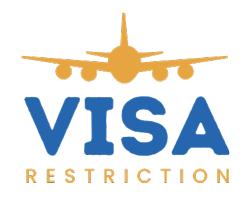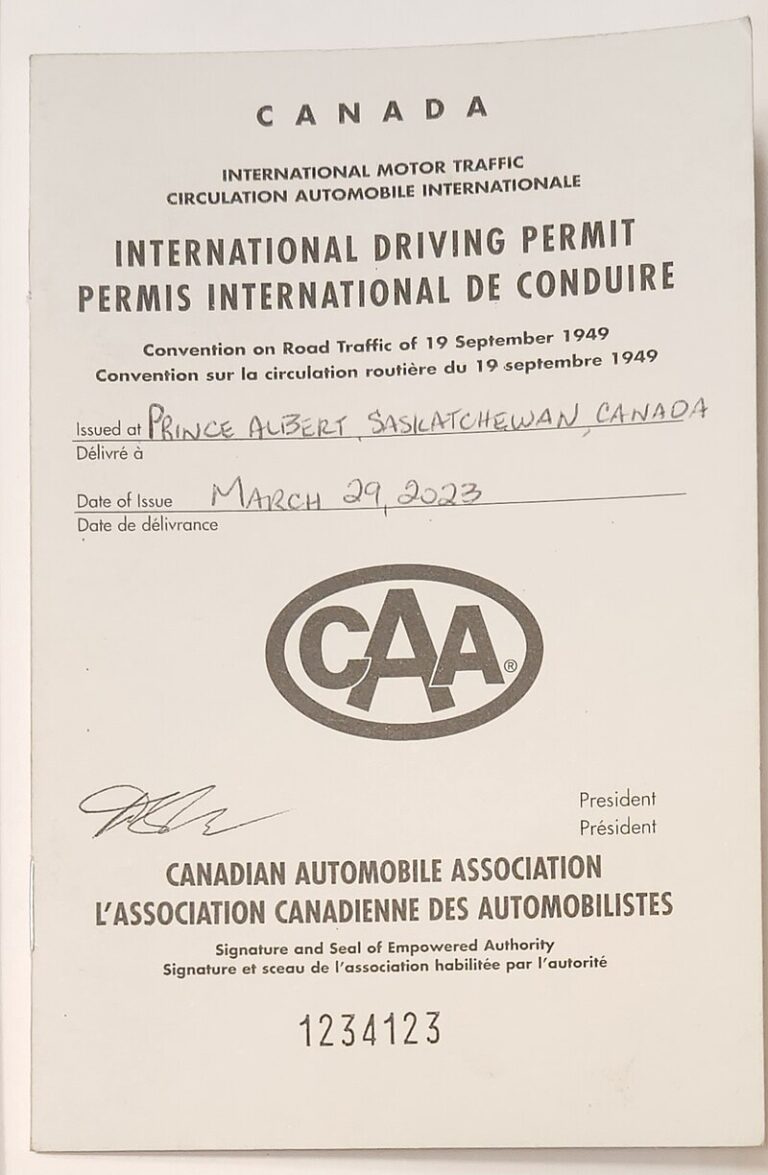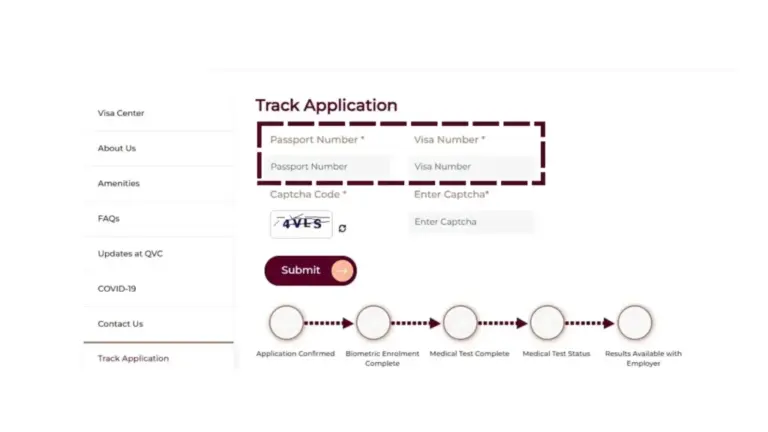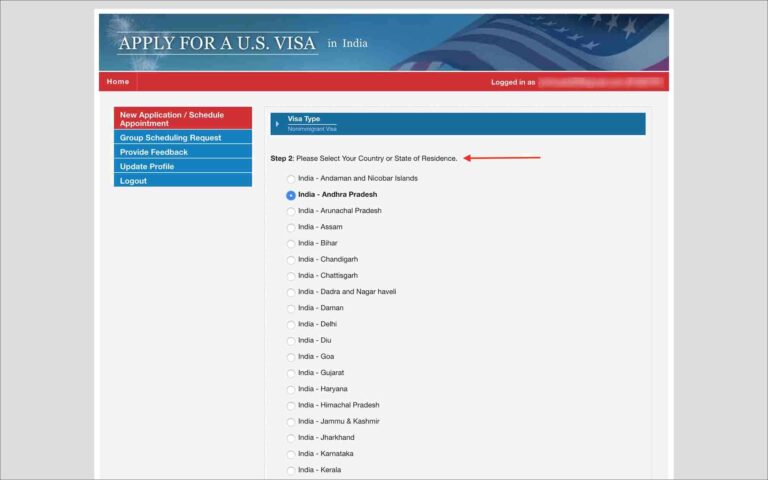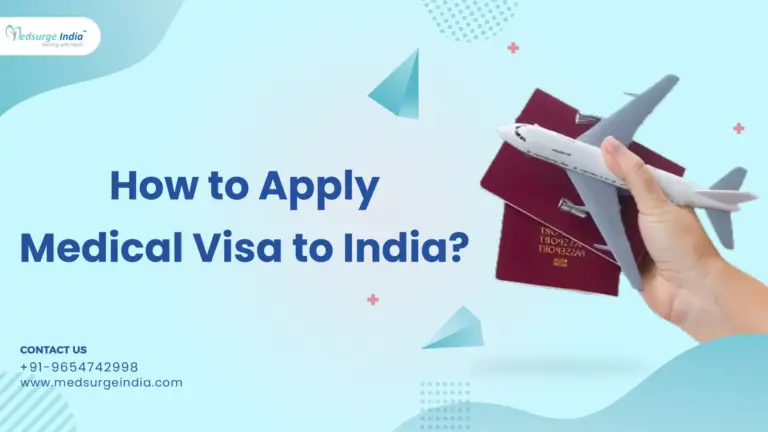Your Ticket to India: Navigating Indian Visa Validity Period
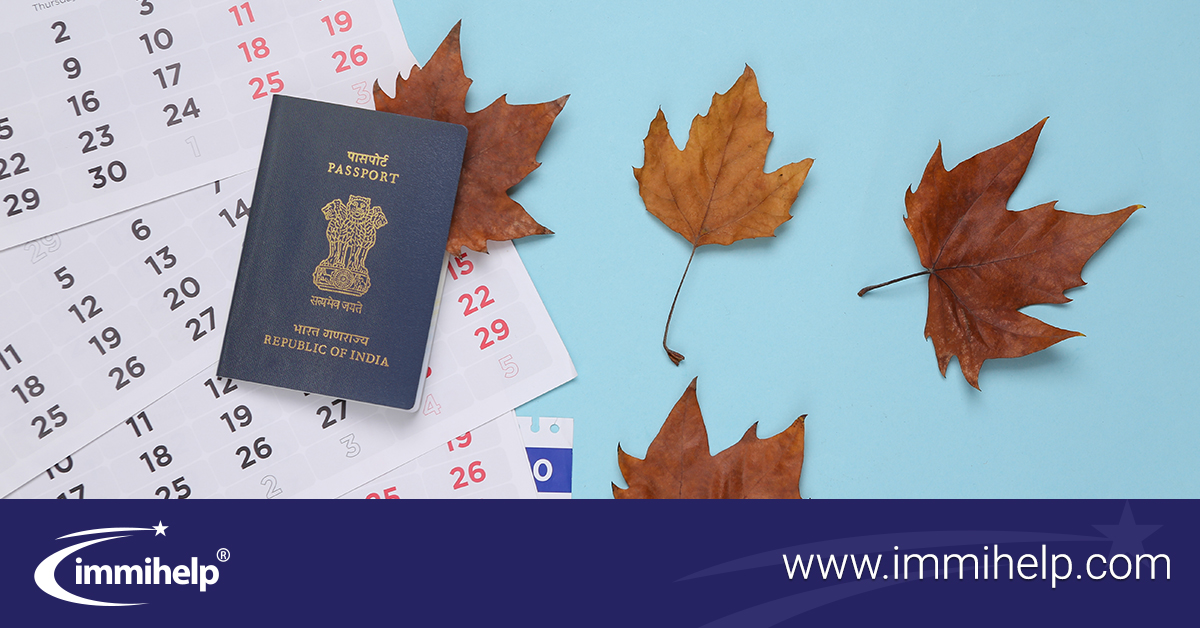
Understanding Indian Visas
Visa Validity Explained
The Indian visa validity period can vary depending on the type of visa you obtain. Understanding the validity period is essential for planning your trip and ensuring compliance with Indian immigration laws.
| Visa Type | Validity Period | Notes |
|---|---|---|
| Tourist Visa | 30 to 180 days (National Passport Service) | Typically allows a stay up to 90 days. Multiple-entry option available. |
| Business Visa | 30 days to 5 years (National Passport Service) | Usually issued for 180 days at a time. Multiple-entry option available. |
| Student Visa | Duration of the course (National Passport Service) | Extensions possible with approval. |
| Work Visa | 3 to 5 years (National Passport Service) | Extendable for a similar period. Multiple-entry option available. |
Common visa types include single-entry and multiple-entry visas. Single-entry visas generally allow a stay of 3-6 months after issuance, while multiple-entry visas, which cost more, are valid for longer periods (National Passport Service).
Types of Indian Visas
India offers a variety of visas depending on the purpose of your visit. Each visa type comes with specific conditions and duration.
Tourist Visa
Tourist visas enable you to explore India for leisurely purposes. The stay duration can range from 30 days to 180 days with a single-entry or multiple-entry option. For more details, visit our Indian tourist visa page.
Business Visa
A business visa permits stays from 30 days up to 5 years, typically issued for 180 days at a time. Ideal for entrepreneurs and professionals, these visas often allow multiple entries. For more information, refer to Indian business visa guidelines.
Student Visa
Student visas are granted to individuals enrolling in recognized Indian educational institutions. The visa typically lasts for the duration of the course and can be extended with institutional approval. More details can be found on our Indian visa for students page.
Work Visa
Work visas cater to individuals taking up employment in India. These visas are generally valid for 3 to 5 years and can be extended. They frequently allow for multiple entries. Check out the Indian employment visa process for comprehensive information.
Each visa type requires different documentation, and it’s crucial to comply with all the Indian visa requirements to ensure a smooth application process. For help, visit the Indian visa helpline.
By understanding the various types of Indian visas and their validity periods, you can better plan your travels and stay compliant with Indian immigration regulations.
Duration of Different Visas
Understanding how long you can stay in India on various visas is essential for planning your trip or move. Here’s a detailed look at the validity periods for tourist, business, student, and work visas in India.
Tourist Visa Details
The Indian Tourist Visa is a common choice for travelers intending to explore the country. Typically, this visa allows a stay of up to six months and can be issued for either single or multiple entries. Depending on your nationality, the duration can vary, ranging anywhere from 30 to 180 days (National Passport Service).
For more specific information, check out indian tourist visa.
| Visa Type | Duration | Entries Allowed |
|---|---|---|
| Tourist | Up to 6 months | Single/Multiple |
Business Visa Duration
Business visas offer greater flexibility for professionals visiting India. Typically, these visas allow a stay ranging from 30 days to 180 days. However, with the option for multiple entries and extensions, individuals can stay for up to five years.
For extended details, explore indian business visa.
| Visa Type | Duration | Entries Allowed |
|---|---|---|
| Business | 30-180 days (extendable up to 5 years) | Multiple |
Student and Work Visas
Student visas are designed to align with the individual’s educational program and can often be extended with approval from the respective educational institution. These visas can vary significantly in duration based on the course and institution.
Work visas generally have a longer validity period, ranging from 3 to 5 years, and can usually be extended for similar durations. This longer validity aligns with the expectation of individuals working in the country for an extended period (National Passport Service).
For more details, visit indian visa for students and indian visa for medical treatment.
| Visa Type | Duration | Extensions Allowed |
|---|---|---|
| Student | Varies with the duration of the course | Yes |
| Work | 3-5 years | Yes |
For more specific guidelines or other types of visas, you can look into types of indian visas or check the indian visa requirements for detailed information.
Consequences of Overstaying
Overstaying your Indian visa can result in significant consequences, both legal and financial. Understanding these ramifications can help you avoid unnecessary penalties and ensure a smoother travel experience.
Legal Ramifications
Overstaying your visa can lead to severe legal consequences. According to Indian e-Visa Online, overstayers may be considered illegal immigrants, facing penalties such as:
- Detention
- Deportation
- Bans from future entry into India
- Imprisonment for prolonged overstays
The severity of these punishments depends on the duration of your overstay and compliance with Indian immigration regulations. For example, prolonged overstays can lead to imprisonment of up to five years.
Financial Penalties
Alongside legal ramifications, overstaying your visa can also lead to hefty financial penalties. Travelers may face fines that need to be paid upon departure if the Foreigners Regional Registration Officers (FRRO) have not been contacted. Here’s a breakdown of potential fines:
| Duration of Overstay | Fine (USD) |
|---|---|
| Up to 1 week | $100 |
| Up to 1 year | $300 |
Note: Fines are payable at the Indian airport or seaport upon departure.
To avoid these penalties, always ensure your visa is valid for the entire duration of your stay. If you need to extend your visit, refer to our guidelines on the process for visa extension. For detailed information on visas, such as tourist and business visas, see types of Indian visas.
Indian e-Visa Options
For many tourists, securing the right visa is crucial for a smooth travel experience to India. Understanding the indian visa validity period for e-Visas, along with any extensions and restrictions, is important.
Validity Periods
The validity periods of Indian e-Visas vary based on the type of e-Visa you choose and your intended duration of stay. Here’s a breakdown:
| Type of e-Visa | Validity | Entries | Stay Duration |
|---|---|---|---|
| Tourist e-Visa | 30 days, 1 year, or 5 years | Double or Multiple | Up to 90 days |
| Business e-Visa | 1 year | Multiple | Up to 180 days |
| Medical e-Visa | 60 days | Triple | Duration of treatment |
| e-Conference Visa | 30 days | Single | Duration of conference |
Extensions and Restrictions
Extensions
Extensions on Indian e-Visas are generally restrictive. Typically, e-Visas do not allow for extensions. If you need a longer stay, you would have to reapply for a suitable visa type according to your need.
- Tourist e-Visas: These cannot be extended or converted. Make sure to select the appropriate duration (30 days, 1 year, or 5 years) when applying.
- Business e-Visas: No extension beyond the 1-year validity. Multiple entries within this period are allowed.
- Medical e-Visas: No extension beyond 60 days. It’s designed for immediate and short-term medical treatments.
- e-Conference Visa: Valid for 30 days with no option for extension.
Restrictions
Ensure you adhere to these restrictions to avoid complications:
- Overstaying any e-Visa can lead to legal ramifications and financial penalties.
- Extensions are rarely granted, requiring ample planning for visa durations.
- Different e-Visas have specific purposes (for tourism, business, medical treatment, and conferences). Ensure you apply for the correct category to avoid invalidation.
For more detailed procedures or if you encounter specific issues, check out our guide on indian visa application process. Understanding these aspects will help ensure your stay in India is stress-free and enjoyable.
Process for Visa Extension
Navigating the process for extending your Indian visa can feel daunting, but with a clear understanding of the steps involved, it becomes manageable. This section outlines the detailed procedure and important recommendations for ensuring a smooth extension process.
Application Procedure
To extend your Indian visa, follow these essential steps:
- Visit FRRO/FRO Office: Go to the Foreign Regional Registration Office (FRRO) or the Foreigners Registration Office (FRO) in the area you are staying.
- Submit Application: Fill out the visa extension form available at the FRRO/FRO office or apply online on the official Indian FRRO website.
- Provide Necessary Documents: Ensure you have all required documents, such as your current visa, passport, recent passport-sized photographs (check indian visa photo requirements), and proof of continued stay needs.
- Pay the Fee: Pay the applicable extension fee. Refer to the indian visa fees for precise information.
- Receive Confirmation: Wait for the confirmation of your application. The request is typically processed within 7 to 10 working days (Care Health Insurance).
Timeframe and Recommendations
Here are some key points to consider for a timely and successful visa extension:
- Apply Early: It is strongly recommended to apply for a visa extension at least 45 to 60 days before the expiry date. This allows ample time for processing and reduces the risk of overstaying penalties.
- Be Prepared for Processing Time: Be aware that the process takes about 7 to 10 days. Plan your stay accordingly to accommodate this timeframe.
- Understand Overstay Penalties: If you overstay your visa, the penalties can be severe. For example, a one-week overstay may result in a $100 fine, and a one-year overstay may incur a $300 fine, payable upon departure at the airport. Avoid these penalties by ensuring your extension is approved promptly.
- Consider Alternatives for e-Visa Holders: If you hold an e-visa, note that extensions are not possible. In such cases, exit the country and apply for a new e-visa from a neighboring nation before returning to India.
- Keep Documents Updated: Make sure all your documentation is current and accurately reflects your travel plans. Any discrepancies can cause delays or denials.
By understanding the Indian visa extension process, you can manage your stay without running into legal or financial issues. For more information, check out our guides on indian tourist visa, indian business visa, and related visa application processes.
Specific Visa Validity Details
Understanding the details of your Indian visa’s validity period is crucial to ensure a positive travel experience. This section will cover the specifics of Tourist e-Visas and Business and Medical Visas.
Tourist e-Visa Options
The Indian Tourist e-Visa offers three validity options, each catering to different travel needs. These options are: 30 days, 1 year, and 5 years (iVisa).
| Visa Type | Validity Period | Entries Allowed | Length of Stay |
|---|---|---|---|
| 30-Day Tourist e-Visa | 30 Days | Double Entry | Maximum 30 days |
| 1-Year Tourist e-Visa | 1 Year | Multiple Entries | Maximum 90 days per visit |
| 5-Year Tourist e-Visa | 5 Years | Multiple Entries | Maximum 90 days per visit |
The Tourist Visa is often issued for up to six months, and it allows for either single or multiple entries (Air India). If you are planning a short-term visit, the 30-day e-Visa might be suitable. For frequent travelers, the 1-year or 5-year options offer the flexibility of multiple entries for an extended period.
Business and Medical Visas
For those traveling for business purposes or medical reasons, India offers specific visas tailored to these needs.
Business Visa Validity
The Indian Business Visa allows multiple entries and is valid for up to 1 year. This visa type offers flexibility for business travelers with frequent trips to India.
| Visa Type | Validity Period | Entries Allowed | Length of Stay |
|---|---|---|---|
| Business Visa | 1 Year | Multiple Entries | Maximum 180 days per visit |
The e-Business Visa is also valid for one year (365 days) with multiple entries allowed. However, each stay during a visit should not exceed 180 days (Indian Visa Online).
For detailed information on business visas, visit our page on the Indian business visa.
Medical Visa Validity
The e-Medical Visa is designed for those seeking medical treatment in India. This visa has a duration of sixty days from the date of arrival into India, with triple entry permitted during the e-Visa validity period (Indian Visa Online).
| Visa Type | Validity Period | Entries Allowed | Length of Stay |
|---|---|---|---|
| Medical Visa | 60 Days | Triple Entry | Duration of treatment as per visa validity |
Medical tourists looking for an e-Medical Visa should be aware that it allows up to three entries within its validity period, making it well-suited for scheduled medical treatments. For more details, check out our page on the Indian medical visa.
Whether you aim to explore India’s rich cultural heritage with a tourist visa, attend to business matters on a business visa, or seek medical treatment, understanding the specifics of your visa’s validity period helps ensure compliance with Indian immigration regulations.
